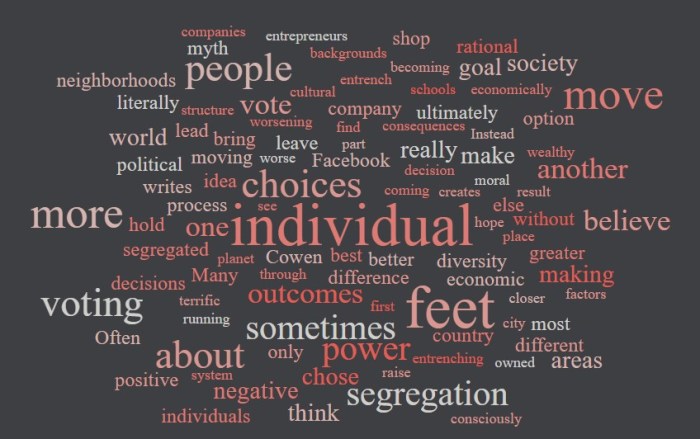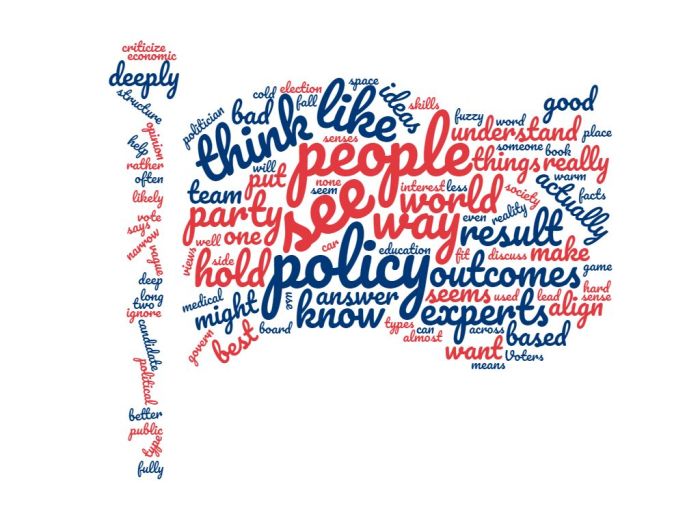Loss aversion is a dominant force in many of our individual lives and in many of our societies. At this moment, I think it is one of the greatest barriers to change and growth that our entire world needs to overcome in order to move forward to address climate change, to create more equitable and cohesive societies, and to drive new innovations. Loss aversion has made us complacent, and we are feeling the cost of stagnation in our politics and in our general discontent, but at the same time we are paralyzed and unable to do anything about it. As Tyler Cowen wrote in The Complacent Class, “Americans are in fact working much harder than before to postpone change, or to avoid it altogether, and that is true whether we’re talking about corporate competition, changing residences or jobs, or building things. In an age when it is easier than ever before to dig in, the psychological resistance to change has become progressively stronger.”
My argument in this post is that much of the complacency and stagnation that Cowen has written about stems from loss aversion. In Thinking Fast and Slow, Daniel Kahneman writes, “Loss aversion is a powerful conservative force that favors minimal changes from the status quo in the lives of both institutions and individuals.” Additional research in the book shows that the pain and fear of loss is generally at least two times greater for most people than the pleasure and excitement of gain. Before we make a bet, the payoff has to be at least twice what we could stand to lose. If we are offered $10 or a gamble for more money, we prefer the sure $10 over the gamble, until the payoff of the gamble far outweighs the possible loss of the guaranteed $10.
I believe this is at the heart of the trite saying that people become more “conservative” as they get older. The reality is that as people get older they acquire more wealth, are more likely to own a home, and secure their social standing. People are not “conservative” in some high-minded ideological sense of “conservativism,” they are self-interested and risk averse. They don’t want to risk losing their wealth, losing value on their home, or losing social status. To me, this more plausibly explains conservatism and complacency than do political ideology explanations or cultural decadence.
To me, Kahneman’s quote is supported by Cowen’s thoughts. Institutions are built and run by people. People within institutions, especially as the institutions have become well established, become risk averse. They don’t want to lose their job, their position as the office veteran who knows how to do everything, and their knowledge and authority in their field. As the potential for loss increases, people become increasingly likely to push back against change and risk, ensuring that we cannot lose what we have, but also forgoing changes that could greatly benefit all of us in the long run. Loss Aversion has come to dominate how we organize our societies, and how we relate to one another, at individual, social, and political levels in the United States.









